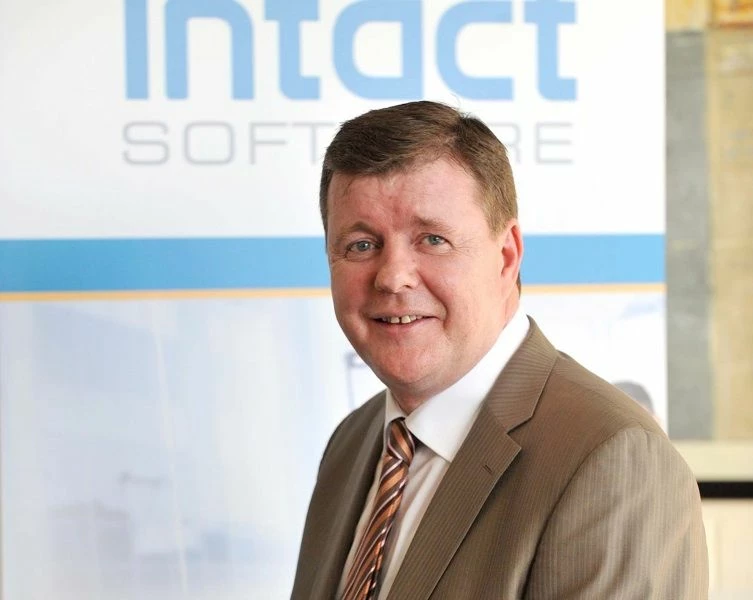
Partner Article
Top ERP vendors are neglecting mid-sized firms
Among its ERP trend predictions for 2011, Forrester listed customers demanding better flexibility, cost transparency and mobility.
This was echoed in a survey we conducted with YouGov last year. The research questioned IT and finance managers in mid-sized businesses and found that, software cost, inflexibility and underperformance are the top ERP problems encountered.
When a company is looking to replace its business management/ERP software it will look for a new system to replicate and enhance current business processes so that the organisation can maintain its competitive edge. Similarly, should the business model change, the company will want the system to be flexible enough to adapt to the changing requirements as and when they happen and not as part of a costly upgrade.
If you consider the findings in more detail a picture emerges of customer frustration, disappointment and failure. Often this is as a result of both external and internal issues that need to be addressed as a matter of urgency if companies are to reap the full benefit of their investment.
Cost is a critical issue: 30 per cent of respondents complained that their ERP system and business management software is costly to upgrade. To ensure that the software is fit for purpose, 20 per cent of respondents said they had to bring in expensive outside help to make modifications and 12 per cent said they had to buy expensive add-ons.
Rigidity hampers implementation and acceptance: 20 per cent of respondents said that their ERP system is inflexible and cannot adapt to meet changing business needs. The same number explained that their company holds separate databases for different departments, which means having to maintain multiple ERP/business management systems. More than half of respondents said that ERP projects fail because the software fails to match their business processes.
Underperformance undermines everything: Seven per cent of respondents commented that the information they could extract was not accurate, and 12 per cent said it was impossible to get a single view of all their data. 37 per cent said the software is just not fit for purpose.
Lack of trust: 61 per cent of the companies surveyed using at least one of the three most well known brands, SAGE, SAP and Microsoft Dynamics, were experiencing problems with their provider. Upgrade costs have caused a lack of trust with 56 per cent of SAP and 38 per cent of Microsoft Dynamics encountering problems with this.
However, internal issues such as poor project management and a lack of staff training and acceptance frequently compound the lack of business compatibility delivered by many current ERP and business management software solutions.
Business software should fit a business – not the other way around. That was our starting point for the development of Intact iQ. With Intact iQ we aim to offer customers a rapid development framework that is cost-effective, flexible, scalable and easy to implement and manage; one that can grow and evolve with the business without needing to be replaced or upgraded every few years. It represents one example of what the next generation of business management software should look like: innovative tools that deliver enterprise applications with more flexibility, better user experiences and new deployment options.
It is inexcusable that customers are still fobbed off by so many suppliers with expensive solutions that are too complex, too rigid and plagued with customisation and upgrade headaches as a direct result of the software’s inability to meet real-world needs. Businesses deserve better from us. We have no excuse not to deliver.
This was posted in Bdaily's Members' News section by Paul Marry .
Enjoy the read? Get Bdaily delivered.
Sign up to receive our popular morning National email for free.








 Raising the bar to boost North East growth
Raising the bar to boost North East growth
 Navigating the messy middle of business growth
Navigating the messy middle of business growth
 We must make it easier to hire young people
We must make it easier to hire young people
 Why community-based care is key to NHS' future
Why community-based care is key to NHS' future
 Culture, confidence and creativity in the North East
Culture, confidence and creativity in the North East
 Putting in the groundwork to boost skills
Putting in the groundwork to boost skills
 £100,000 milestone drives forward STEM work
£100,000 milestone drives forward STEM work
 Restoring confidence for the economic road ahead
Restoring confidence for the economic road ahead
 Ready to scale? Buy-and-build offers opportunity
Ready to scale? Buy-and-build offers opportunity
 When will our regional economy grow?
When will our regional economy grow?
 Creating a thriving North East construction sector
Creating a thriving North East construction sector
 Why investors are still backing the North East
Why investors are still backing the North East